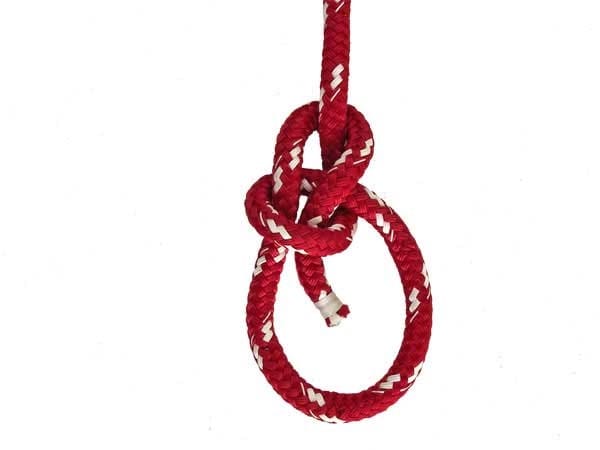

Whatever stands between you and that person stands between you and yourself.Ī true individual belongs on the one hand to no less than himself and, on the other, to no less than mankind and the entire human world. To understand a new idea break an old habit. He becomes as a lover to whom abstinence is intolerable.” “Once a man has tasted creative action, then thereafter, no matter how safely he schools himself in patience, he is restive, acutely dissatisfied with anything else. “Most novices picture themselves as masters – and are content with the picture. “Men try to run life according to their wishes life runs itself according to necessity.” Think about it only enough to understand it. “The realization of ignorance is the first act of knowing.”

“I am not less poet I am more conscious of all that I am, am not, and might become.” Levine, A Life We Never Dared Hope forBrother Roger, U R Missing. “Acceptance of prevailing standards often means we have no standards of our own.” The Wiley Handbook of Eating Disorders (Wiley Clinical Psychology Handbooks)Michael P. I now doubt that any of us will completely find and be found in this life.” Now and again we find just enough to enable us to carry on. our lot on the earth is to seek and to search. He was born in Washington DC and lived in New Rochelle, New York. His father was white and his mother black. His most famous work of literature was his High Modernist novel Cane. “We learn the rope of life by untying its knots.” Jean Toomer (1894-1967) was an American poet and novelist, an important figure of the Harlem Renaissance. “Fear is a noose that binds until it strangles.” He stopped writing for publication in 1950, continuing to write for himself, including a few autobiographies. He wrote a number of fiction works and essays devoted to Quaker themes. In 1940 Toomer and his second wife Marjorie Content moved to Doylestown, Pennsylvania, where he joined the Quakers and withdrew from society. He continued studies with Gurdjieff until the mid-1930s. That same year, and in 19, Toomer went to France to study with Gurdjieff at Fontainebleau. Toomer encountered Gurdjieff’s teaching during the latter’s visit to the United States in 1924. After working as a principal at a rural agricultural and industrial school for blacks in Sparta, Georgia, he returned to New York. His interests extended to Eastern philosophies. After finishing his studies he began his activities as a writer, publishing short stories. During his years at university he studied agriculture, fitness, biology, sociology, and history. So the next time you experience a conflict or are faced with a change, before you react by defending (which I would suggest is another way of avoiding), avoiding, or running away, try asking yourself “what if there were something for me to learn from this?” and be with the situation for a while.Jean Toomer (1894-1967) was an American poet and novelist, an important figure of the Harlem Renaissance. If I leave a relationship where I just wished he would change and found all the reasons I could to make it his fault that the relationship didn’t work, then I’ll marry that same guy (in another body of course) the next go around. If I leave a job at the first sign of conflict or change, I’ll find it again in the next job. I spend a good part of my life reflecting on change and conflict, relationships, and the meaning of life…and if there’s one thing I’ve learned, it’s that “being with” whatever is in front of me, IS the way out. I convinced myself I was embracing the new, I was an adventurer, when I was really running away from those difficult discussions, or a task I was afraid I couldn’t accomplish. Much easier to just leave, say “it was them/him/her” and start anew.

It’s hard to stay in a job or a relationship when there’s conflict. But with age, and a little wisdom, I’ve come to see that that was just another way of avoiding. Partners, not THAT many times, but still…I thought that changing all the time was GOOD. I’ve moved about 15 times in the last 20 years, changed jobs almost that many times. Then there are those of us who LOVE change – I was one of those. When did we get the idea that life was supposed to be comfortable and that any sign of discomfort, change or the unknown could send us into a frenzy? Do the trees quiver at the first sign of snow? It sounds ridiculous, but as humans, avoiding conflict and change at all costs seems to me like nature saying “hey, no seasons this year, OK?” The lessons are innumerable if we are willing to “be with” conflict instead of running from it, hiding from it, or avoiding it all together. The more I’m around it, the more I learn from it. Conflict is a natural, if not necessary, part of life.


 0 kommentar(er)
0 kommentar(er)
